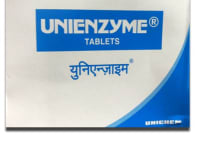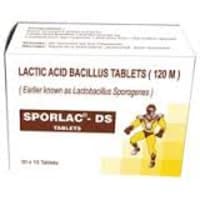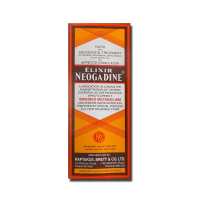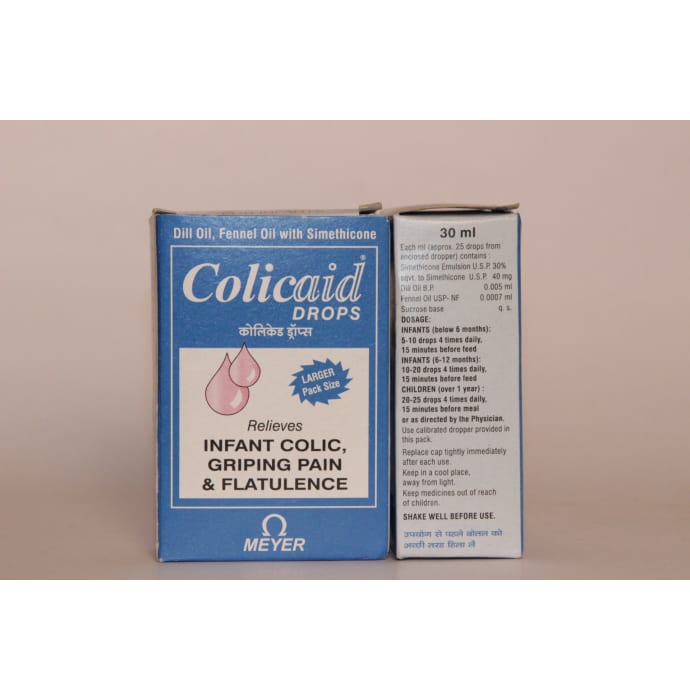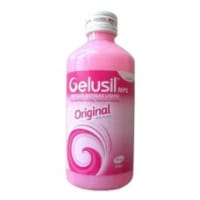NOTICE: unsafe with : Alcohol
USED FOR:
Acidity
Heartburn
Intestinal ulcers
COMPOSITION:
Pantoprazole (40mg)
Therapeutic Uses:
gastro intestinal

CAUTION
Taking a large amount of alcohol can increase acidity and cause acid reflux in the food pipe causing heartburn. This would decrease the effect of this drug and can aggravate your underlying condition.

PROBABLY SAFE
Zenol 40mg Injection is probably safe to use during pregnancy.Animal studies have shown low or no adverse effect on the foetus, however, there are limited human studies. Please consult your doctor.

CAUTION
Zenol 40mg Injection should be used with caution during lactation. Breast feeding should be held until the treatment of the mother is completed and the drug is eliminated from her body.

Zenol 40mg Injection may make you feel dizzy, drowsy or affect your vision. Do not drive until your vision is clear.

SAFE
Zenol 40mg Injection is safe to use in patients with kidney disease. No dose adjustment of Zenol 40mg Injection is recommended.However, the use of Zenol 40mg Injection is not advised along with other medicines used for the treatment of Helicobacter Pylori infection.

Zenol 40mg Injection is probably safe to use in patients with liver disease. Limited data available suggests that dose adjustment of Zenol 40mg Injection may not be needed in these patients. Please consult your doctor.
Uses of Zenol Injection
Zenol 40mg Injection is used in the treatment of acidity, heartburn, intestinal ulcers and stomach ulcers.
How to use Zenol Injection
Your doctor or nurse will give you this medicine. Kindly do not self administer.
How Zenol Injection works
Zenol 40mg Injection is a proton pump inhibitor (PPI). It works by reducing the amount of acid in the stomach which helps in relief of acid-related indigestion and heartburn.
Common Nausea, Headache, Abdominal pain, Constipation, Flatulence, Diarrhoea.
Expert advice for Zenol Injection
Inform your doctor if you do not feel better after taking it for 14 days as you may be suffering from some other problem that needs attention. Zenol can decrease magnesium levels in blood. Get your magnesium levels checked regularly. You may need a magnesium supplement or need to discontinue your medicine. Inform your doctor if you are suffering from osteoporosis as Zenol can weaken your bones by decreasing calcium levels in blood. You may need a calcium supplement, preferably calcium citrate. Zenol is a well-tolerated medicine and provides relief for a long time. It may take a few days to show its effect. You can take an antacid for a quick relief during this time unless your doctor has asked you not to use them. Once you start feeling better, do not stop taking your medicine. Take it for the duration as advised by your doctor
Q. What is Zenol used for?
Zenol is a proton pump inhibitor (PPI) which is used for the treatment of conditions like heartburn, acid regurgitation, and stomach ulcers.
Q. Is Zenol an antacid?
No, Zenol is not an antacid, it belongs to a therapeutic group of drugs called proton pump inhibitors. It acts by decreasing acid secretion in the stomach while antacids neutralize the acid in the stomach and coat the stomach mucosa.
Q. Is Zenol safe?
Zenol is relatively safe if taken in prescribed dose for prescribed duration as advised by your doctor
Q. Is Zenol a painkiller?
No, Zenol is not a painkiller. It is a proton pump inhibitor which is used for the treatment of conditions like heartburn, acid regurgitation, and stomach ulcers.
Q. Is Zenol a proton pump inhibitor (PPI)?
Yes, Zenol is a proton pump inhibitor (PPI) which inhibits the secretion of hydrochloric acid in the stomach.
Q. Can I take Zenol forever?
Zenol should not be taken for a long time unless there is an indication for the medicine. Though generally safe, certain conditions like low magnesium levels and fractures are associated with long-term use. Consult your doctor before continuing the drug for a long time as you may need to get some tests done on a regular basis.
Q. Can I take Zenol with ondansetron?
No relevant interactions have been reported between Zenol and ondansetron. Consult your doctor before taking them together.
Q. Can I take Zenol with azithromycin?
No clinically relevant interactions have been reported between Zenol and azithromycin so far. Consult your doctor before taking these drugs together.
Q. Can I take Zenol with Ibuprofen?
There are no interactions reported between Zenol and ibuprofen when used together. However, you must consult your doctor before taking them together.
Q. Can I take Zenol with ranitidine?
Both Zenol and ranitidine work by lowering the acid secretion in the stomach for stomach ulcers and heartburn. There are no interactions reported between ranitidine and Zenol if used together. However, studies have also shown no additional benefit in using ranitidine along with Zenol. Please Consult your doctor before taking the two medicines together.
Q. Can I take Zenol with amoxicillin?
No clinically relevant interaction has been reported between Zenol Zenol and amoxicillin. Please check with your doctor before taking these medicines together.
Q. Can I take Zenol with antibiotics?
Various studies comparing the use of Zenol while the patients were also taking different antibiotics revealed no clinically relevant interactions. However, always consult your doctor before taking Zenol along with antibiotics.
Q. Can I take Zenol with levothyroxine?
Absorption (time to reach blood) of levothyroxine may be delayed if it is taken with Zenol. Consult your doctor before taking both the medicines together.
Q. Can I take Zenol with other medications?
Zenol can generally be taken safely with other drugs. But there are certain medications like anti-HIV drugs and anticoagulants which can have interaction with Zenol and thus should not be combined or should be closely monitored when given together. Please consult your doctor if you need to take Zenol with other medications.
Q. Can I take Zenol with ciprofloxacin?
There are no interactions reported between Zenol and ciprofloxacin. However, this does not mean interactions cannot occur. Please consult your doctor before taking the two medicines together.
Q. Does Zenol cause hair loss?
Hair loss has not been reported with the use of Zenol. If you experience excessive hair loss while taking Zenol, please consult your doctor.
Q. Does Zenol cause constipation?
Both diarrhea and constipation have been reported as a common side effects of Zenol in children and in adults. Consult your doctor if you experience intolerable side effects while taking Zenol.
Q. Does Zenol cause weight gain?
Change in weight has been associated with Zenol. Consult your doctor if you have weight gain or weight loss during Zenol use.
Q. Does Zenol cause dry mouth?
Dry mouth has been reported as a side effect with Zenol. Kindly consult your doctor if you have this problem while taking Zenol.
Q. Does Zenol cause gas?
Flatulence (gas), abdominal distension, and bloating (fullness) have been associated with Zenol use. Consult your doctor if you experience any of these symptoms.
Q. Does Zenol cause dementia?
Dementia has not been reported with Zenol use. Consult your doctor if you have any symptoms of dementia.
Q. Does Zenol cause diarrhea?
Diarrhea is one of the most commonly occurring side effects with the use of Zenol. Do consult your doctor if you have any such symptom.
Q. Does Zenol expire?
Yes, like any other medicine, Zenol has an expiry date. Please check the expiry date mentioned on the pack before taking the medicine.
Q. Does Zenol contain aluminum or magnesium?
Zenol does not commonly contain aluminum or magnesium as an excipient (additional substance) or as a coating. Please read the package insert available with the medicine for further information.
Zydus Cadila
₹4.53/ml of Injection Out of stock


 Zenol 40mg Injection
Zenol 40mg Injection  Bookmark
Bookmark



